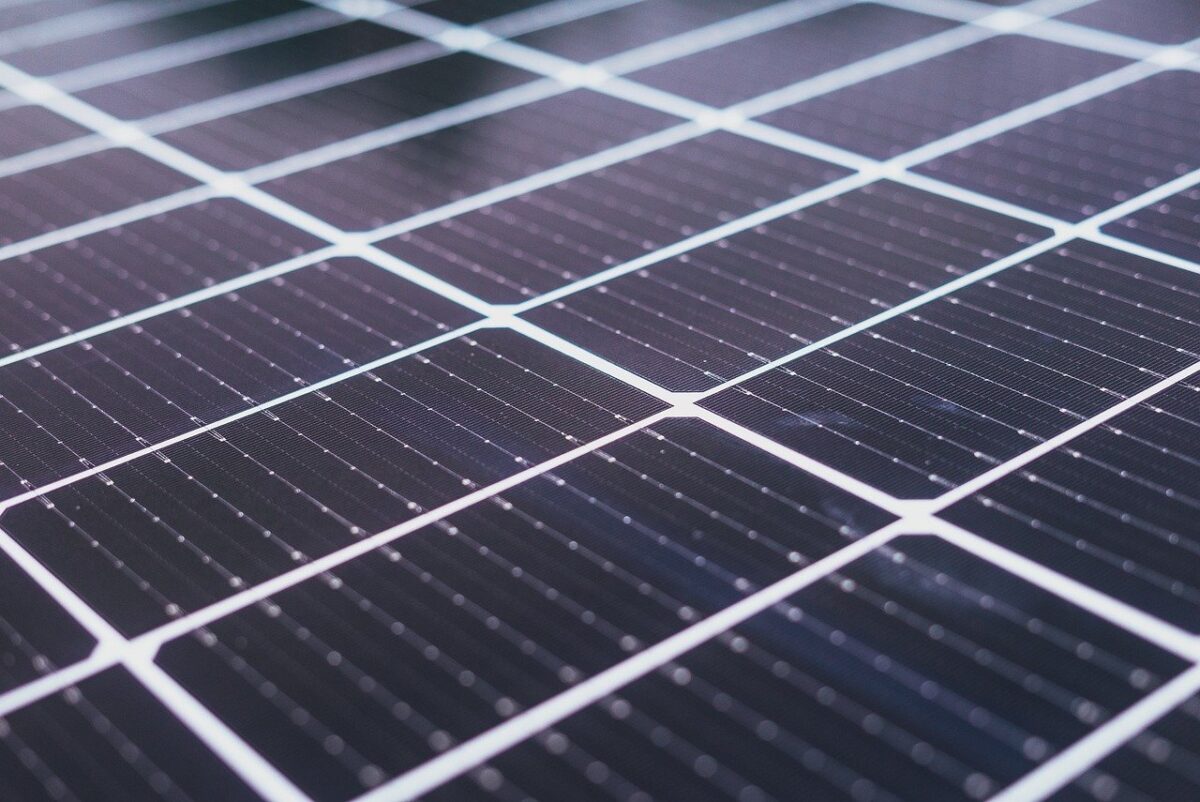Indian solar manufacturer Gautam Solar has filed a patent for its latest artificial intelligence (AI)-based system to detect defects in solar panels. The solution integrates advanced imaging and AI technologies to enhance the efficiency and precision of defect detection in photovoltaic cells. It includes 100% electroluminescence (EL) testing, incorporating both pre and post-production stages with AI-assisted analysis.
The patent, titled “AI-Based System for Detecting Defects in Solar Panels,” leverages EL and visual imaging to provide comprehensive real-time defect analysis. The system captures high-resolution EL images through an infrared camera and processes them using advanced machine-learning algorithms. The results are displayed with defect labels, enabling immediate identification and corrective action.
“Gautam Solar’s invention addresses the limitations of conventional methods, which lack automation and often result in human error. The AI-powered software is trained using a comprehensive database of stored images, enabling it to analyze and provide results with remarkable accuracy. The system ensures high precision and enhances throughput, reducing manual intervention and improving production efficiency,” stated the company.
“The system is designed to detect various defects, including micro-cracks, broken cells, dry soldering, latent defects, black borders, scratches, and non-functioning cells. Additionally, it ensures robust analysis at various stages.”
Gautam Solar, with its corporate office in New Delhi, India, is expanding its solar module capacity to 5 GWp in FY2025-26.
This content is protected by copyright and may not be reused. If you want to cooperate with us and would like to reuse some of our content, please contact: editors@pv-magazine.com.









i need more detail for AI-based system to detect PV panel defects